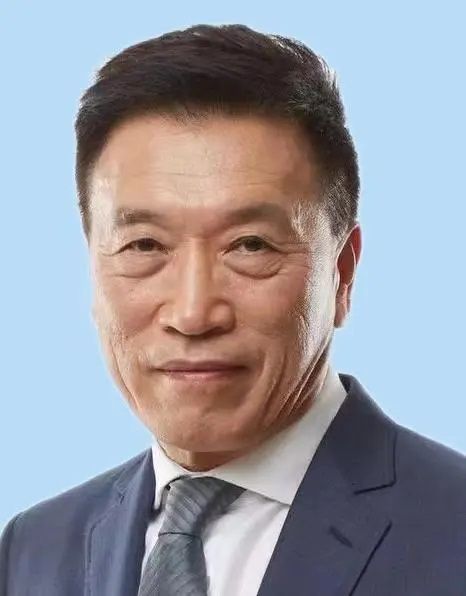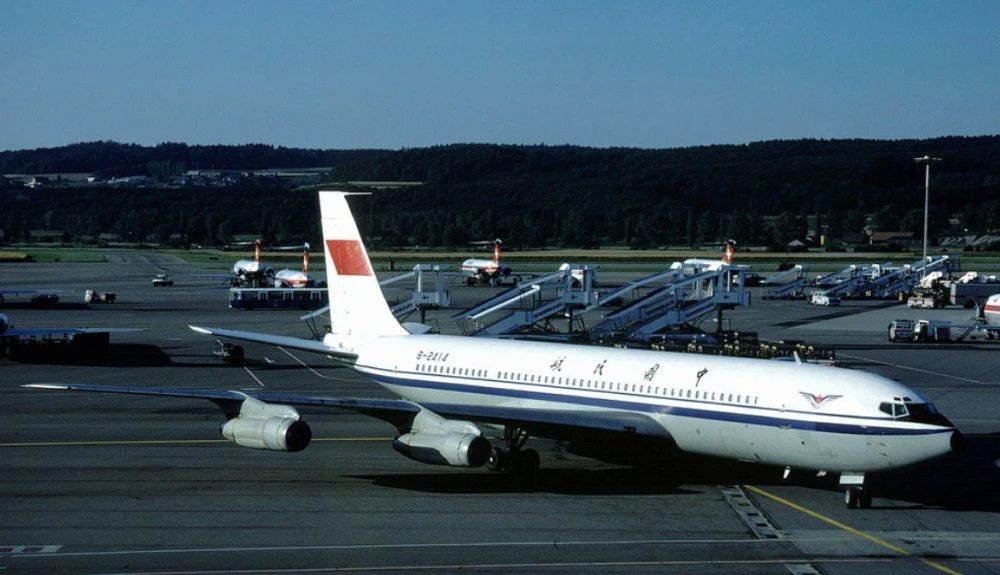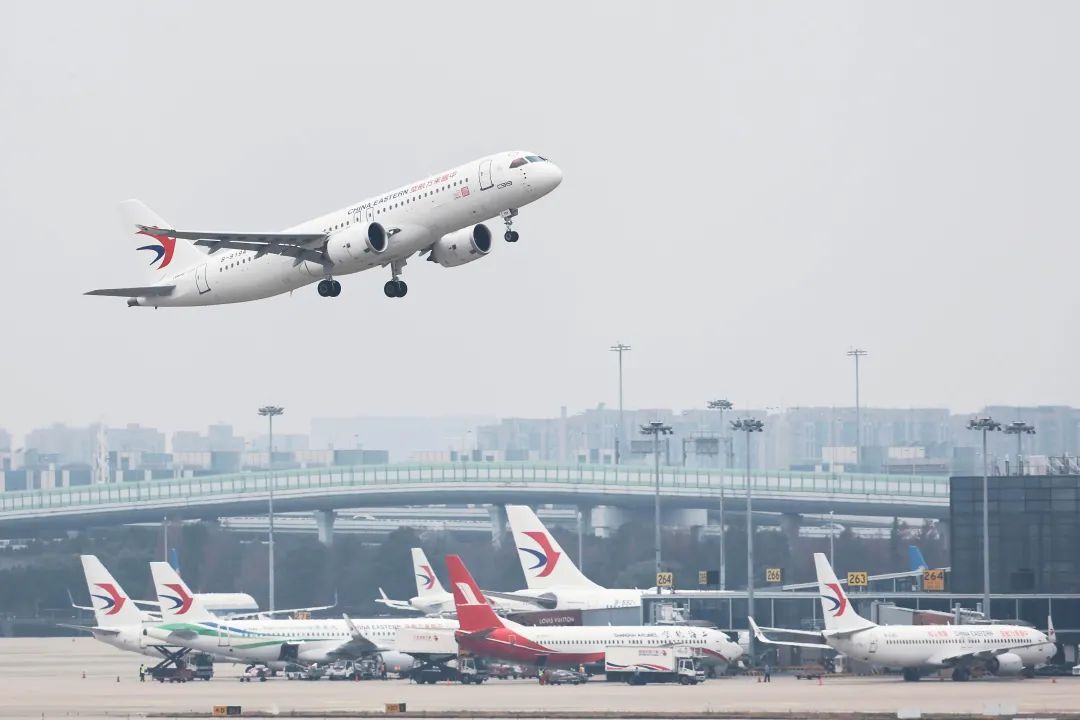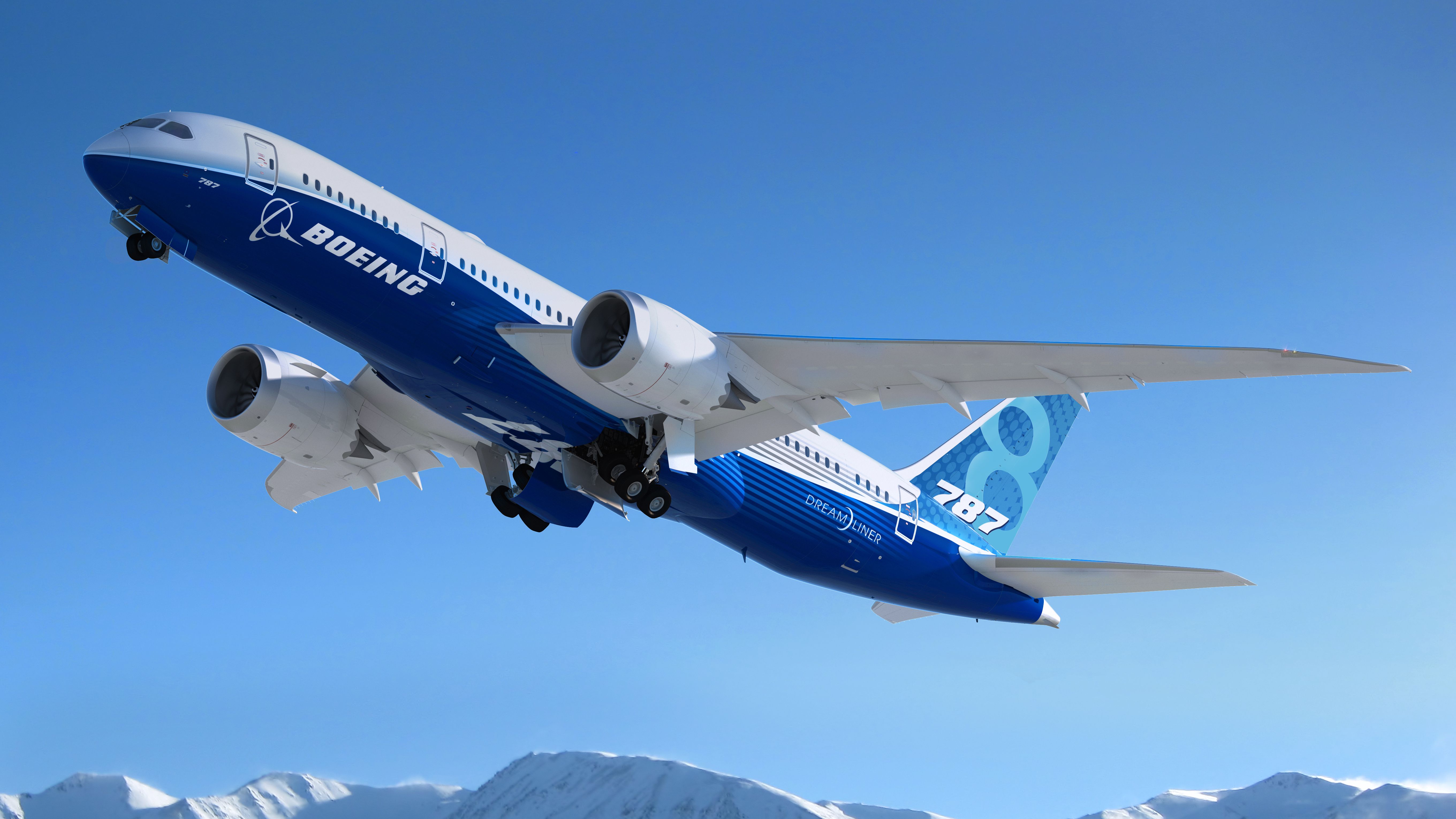Summary
- Liu Qing, appointed as President of Boeing China, is responsible for development and cooperative strategies in China's civil aviation market.
- Former President Sherry Carbary retires after 34 years with Boeing.
- Boeing has a 50-year history in China, with its aircraft being a vital part of its transportation system and contributing over $1.5 billion annually to the Chinese economy.
On August 16th, Boeing announced that Liu Qing would assume the role of President of Boeing China, and this appointment will officially take effect on September 1st.
As the President of Boeing China, Liu Qing will formulate and implement Boeing's development and cooperative strategies in China, one of its largest civil aviation markets. He will be based in Beijing and will report to Dr. Brendan Nelson, Senior Vice President of the Boeing Company and President of Boeing Global.
Liu Qing joined Boeing China in early 2022. Before his role as President of Boeing China, Liu Qing was responsible for leading Boeing's government relations team in China, managing relationships with key government agencies and partners, as well as overseeing education and charitable projects across various regions in China.
Liu Qing was born in Liaoning Province, a northeastern border province of China and possesses over 20 years of experience as a senior executive in Chinese multinational enterprises. His career includes positions such as Vice Chairman of Ford Motor Company's Greater China region, Vice President, and General Counsel of Ford Motor Company's International Markets Group. Additionally, he has held leadership positions at Chrysler Corporation and Daimler-Chrysler.
Upon his appointment, Liu Qing stated,
"I am deeply honored to have this opportunity to contribute to the remarkable success and partnership that Boeing has built in China over more than half a century. In the coming 20 years, China will require nearly 8,500 new commercial airplanes and civil aviation services worth $550 billion. My focus is to ensure that our team is prepared to support customers and meet this demand."
The former President of Boeing China has retired
Previously, after serving the company for 34 years, former President of Boeing China, Sherry Carbary, announced her plan to retire this year. Starting from July 10th, Liu Qing was appointed to assume the role of President of Boeing China temporarily.
Sherry Carbary was the first female President of Boeing China before her retirement. Before assuming the role of President of Boeing China, Sherry Carbary led Boeing Commercial Airplanes' Flight Services business, overseeing nearly 5,000 employees across 15 training centers worldwide. She also held positions such as Vice President of Strategic Management for Boeing Commercial Airplanes and various key leadership roles within sales, finance, and investor relations teams.
Boeing's history and current business in China
Boeing has a development history of over 50 years in China. The historic visit to China by US President Nixon in 1972 introduced Boeing aircraft to the Chinese market, and the following year, Boeing delivered its first batch of Boeing 707 aircraft to China in the 1970s.
Boeing aircraft have become the backbone of China's passenger and cargo transportation system. China is involved in the manufacturing of all Boeing in-production models, including the 737, 767, 777, and 787 Dreamliner.
Boeing's operations in China encompass supplier purchases, joint venture revenue, business operations, training, and research and development investments. Currently, over half of China's civil aviation fleet consists of Boeing aircraft, and Boeing also provides a significant amount of aviation services and technological support to China.
Boeing China's challenges and opportunities
Currently, Boeing faces numerous challenges and competition in China, such as re-delivery issues with the Boeing 737 MAX aircraft, full-scale operation of the Zhoushan Factory, trade tensions between the US and China, as well as domestic competitors like the Commercial Aircraft Corporation of China (COMAC). These factors have brought uncertainty and pressure to Boeing's operations in China.
Nonetheless, Boeing recognizes the enormous potential and opportunities in the Chinese market, particularly as pandemic control measures take effect, air travel demand rebounds and the Chinese government promotes carbon neutrality goals.
According to Boeing's latest market forecast outlook (2021-2040), it's estimated that China will need to purchase 8,700 new aircraft worth $1.47 trillion over the next 20 years. Additionally, China will require $3.56 trillion worth of commercial aviation services. These figures highlight Boeing's significant space and prospects in the Chinese market.
What do you think about Boeing's prospects in China in the next few years? Please share your thoughts with Simple Flying in the comments.






